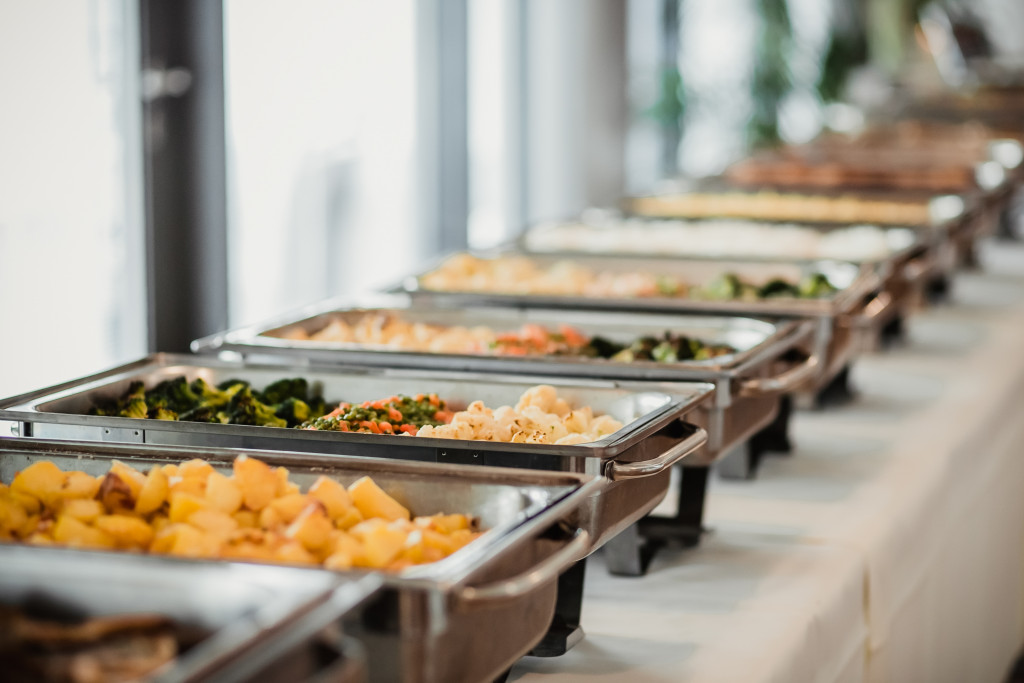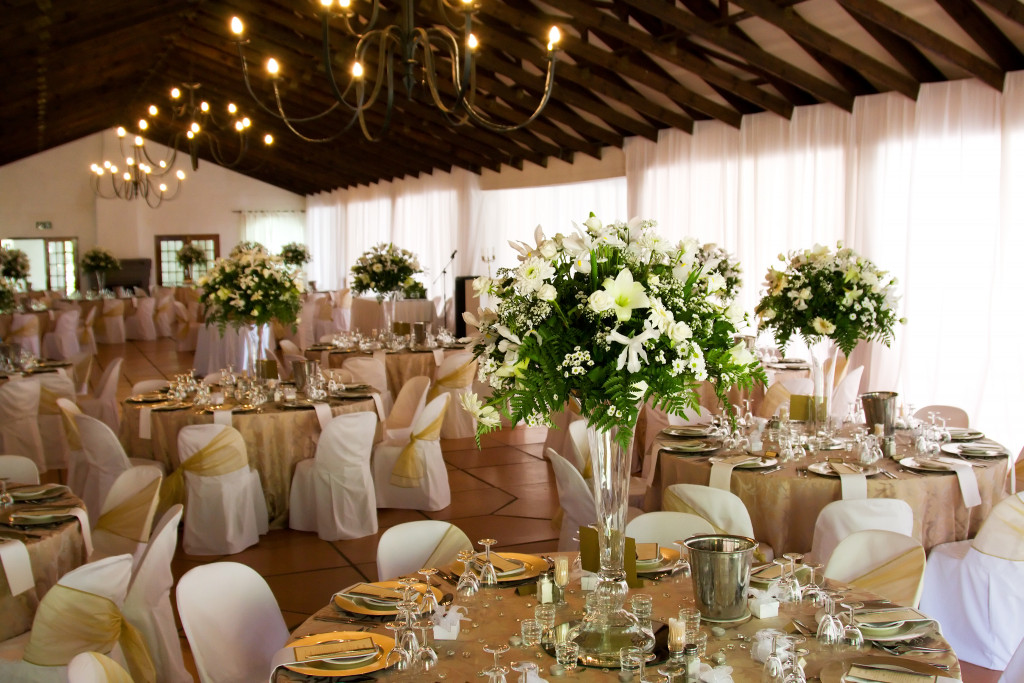When you hear the term “wedding emergency”, you probably think of torn seams, stained gowns, or a headpiece that won’t cooperate. Yes, these are all a cause for concern during your special day, but let’s not forget about more serious emergencies that can occur at just about any event.
At a wedding, people don’t expect injuries or sudden illnesses, which is why a lot of us are often unprepared when a health emergency occurs during such an event. And for this reason alone, it is imperative that you prepare for anything that can happen during your special day—not just for your guests, but for your own sake as well.
That said, here are some tips on how you can prepare for common health emergencies during your wedding:
Equip the venue with first aid kits
Accidents happen, especially in an event that involves dancing, alcohol, and an all-around good time. Of course, you wouldn’t want your guests to have to rush to the venue’s front desk just to find a bandage for the finger they split open on one of the centerpieces. Have a few first aid kits ready near the entrances so that all attendees can get immediate access to basic medical supplies and medications when needed.
Make an emergency contact form
No one can tell when a health emergency will strike. Just in case it happens, it’s better to be prepared with a list of emergency contacts including the local police, fire department, and the urgent care facility nearest the venue. This is especially important if the wedding venue is an area that you are not familiar with and if you have attendees that belong to at-risk groups (e.g. elderly people, people prone to strokes, etc.).
Consider adding a health booth for children
If you are having kids at your wedding, consider putting up a small health booth that can address their needs when necessary. Fast-paced events like weddings can overwhelm little kids, and there are a lot of things that can make them sick, such as unfamiliar food and disrupted potty times. Having a space where they can rest and recuperate can be a great help, especially to the parents who wouldn’t want to leave prematurely.

Be picky with your caterer
Food contamination can lead to disaster in multi-person events like weddings, regardless of the size of your guest list. Just one contaminated dish can have dozens of your guests rushing to the bathroom or throwing up all over the place. And no matter what type of food poisoning it is, it is a serious health risk that needs immediate intervention—lest it leads to dehydration or something much worse. The same goes for allergic reactions food.
To minimize this risk as much as possible, be choosy when you’re in the market for a caterer. Be sure to read client reviews, check out testimonials, and ask them about how they handle their food to ensure that they do it safely (and perform proper measures to avoid contaminating other foods with potential allergens). Furthermore, avoid food items that easily spoil or are more susceptible to cross-contamination in the menu, such as raw meats, raw vegetables, and foods that people eat with their hands.
Consider doing table service
Going off from the last tip, doing table service instead of buffet style is another great way to avoid cross-contamination and food poisoning. The food encounters less exposure from multiple people, and you can rest assured that only the catering staff handled the food before serving it to guests. If you have guests with dietary restrictions or food allergies, table service also makes it easier to serve them without fear of cross-contamination.
The one downside is that table service is often more expensive than buffet-style catering, mainly due to the number of staff it requires. Compared to buffet-style service which needs only three to five people (depending on how long your buffet line is), table service requires at least one server per table.
Consider hiring standby health services
If you are holding a huge wedding or are having attendees that are very susceptible to health emergencies (like your grandma who recently had a stroke), consider hiring standby emergency services to provide first aid if anything happens.
While some of these tips may seem like overkill, always remember the old adage “an ounce of prevention is worth a pound of cure.” If you’re holding an especially large wedding, having at-risk attendees (health-wise), have certain medical conditions yourself, or simply want to have a worry-free wedding, go ahead and incorporate these tips into your wedding plan

